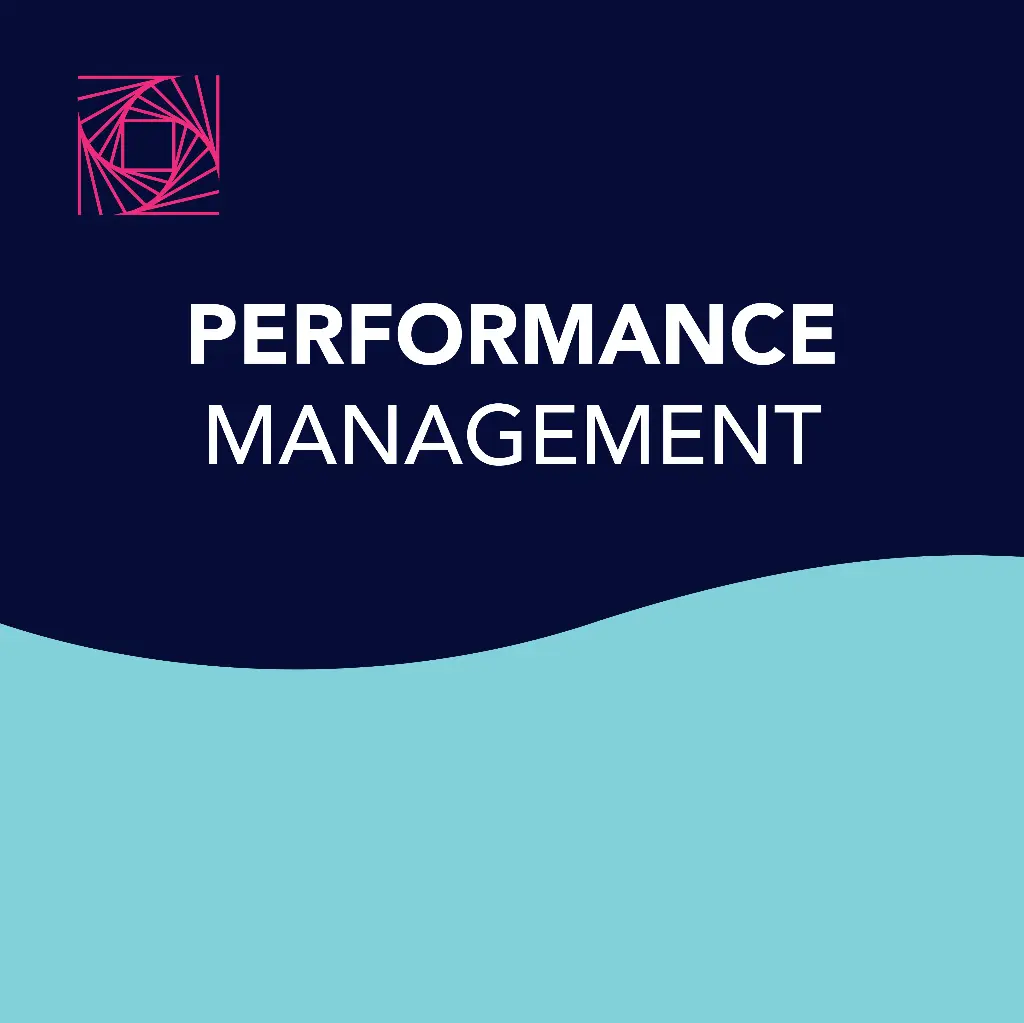Performance Management
In today's dynamic business environment, effective performance management is crucial for achieving organizational success. This course provides a comprehensive overview of performance management principles, processes, and best practices. Participants will learn how to align individual and team performance with organizational goals, implement effective appraisal systems, and foster a culture of continuous feedback and development. By mastering these skills, managers and HR professionals can enhance employee engagement, drive productivity, and ultimately contribute to the organization's success.
| Availability: Unavailable |

Money-Back Guarantee if not satisfied
If you don’t benefit from our program, your investment is safe. We offer a full refund to ensure your confidence in our service.

Certified By the TVTC
Our program is recognized and accredited by the technical and Vocational Training Corporation, ensuring high-quality learning and professional standards.

Flexible Payment Options, Including Installments
Choose the payment plan that suits you best. We provide a variety of payment methods, including installment options, to make it easier for you.

Live Online Learning Experience
Enjoy the convenience of learning from anywhere with our interactive, live virtual zoom sessions led by expert instructors.
Targeted Groups

Individuals Interested in Enhancing Their Skills in Performance
Management & OD

Strategic Leaders and Analysts

HR & OD Leaders

HR Specialists, HRBPs, and OD Professionals

Performance Management Specialists, and Experts
At the end of this program, the participants will be able to:
1.
Define performance management and its importance
in the organizational context.
2.
Develop and implement a performance management
system tailored to their organization’s needs.
3.
Utilize SMART criteria to establish meaningful
performance goals for individuals and teams.
4.
Execute performance appraisals effectively,
using various methods and best practices.
5. Deliver actionable feedback that promotes employee development and engagement.
6.
Develop performance improvement plans to address
gaps and enhance employee performance.
7. Assess the effectiveness of the performance management system and make necessary adjustments.
Modules:
Explore Each Module and Uncover New Knowledge.
1.1 Understanding Performance Management
- Definition and importance of performance management
- Objectives of performance management systems
- How performance management aligns with organizational goals
1.2 Key Components of Performance Management
- Goal setting
- Performance appraisal
- Feedback and coaching
- Development planning
1.3 The Role of Managers in Performance Management
- Leadership in performance management
- Creating a performance-oriented culture
- Communication and
engagement strategies
2.1 Designing a Performance Management System
- Frameworks and models (e.g., 360-degree feedback, OKRs)
- Customizing the system to fit organizational needs
- Legal and ethical considerations
2.2 Setting Performance Goals
- SMART criteria for goal setting
- Aligning individual, team, and organizational objectives
- Continuous vs. annual goal setting
2.3 Implementing Performance Appraisals
- Types of performance appraisals (self-assessment, peer review, etc.)
- Best practices for conducting appraisals
- Common pitfalls and how to avoid them
2.4 Providing Effective Feedback
- Techniques for delivering constructive feedback
- Importance of regular check-ins
- Creating an open
feedback culture
3.1 Developing Performance Improvement Plans
- Identifying performance gaps
- Creating actionable improvement plans
- Monitoring progress and providing support
3.2 Training for Managers and Employees
- Training programs for effective performance management
- Coaching skills for managers
- Employee training for personal development
3.3 Evaluating the Performance Management System
- Key performance indicators (KPIs) for assessing effectiveness
- Gathering feedback on the performance management process
- Adjusting the system based on evaluation
3.4 Future Trends in Performance Management
- The impact of technology and AI on performance management
- Trends in employee engagement and motivation
- Evolving practices in
remote and hybrid work environments
